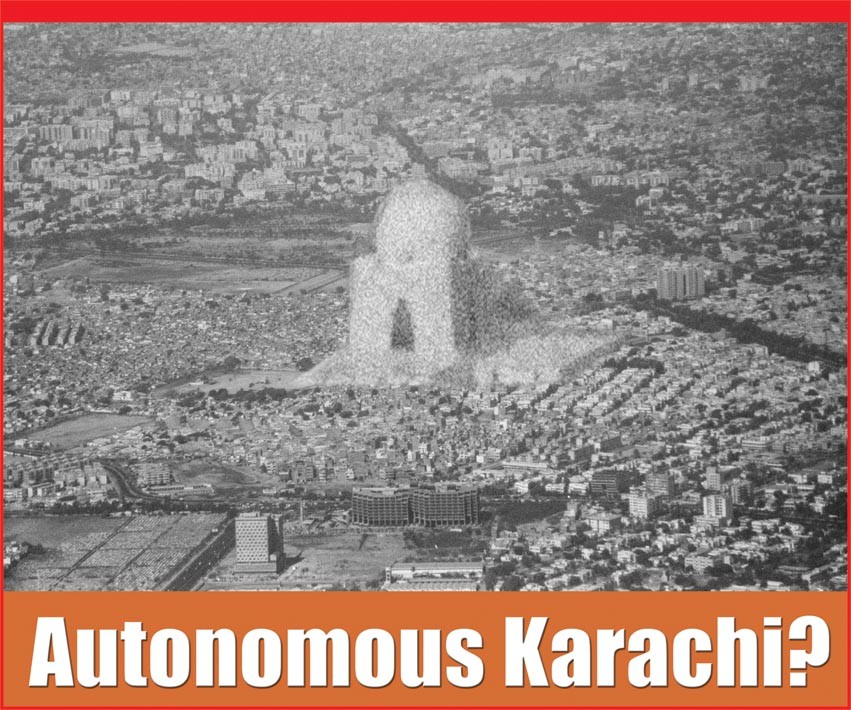
While it may be too naive to suggest that a solution to all the city’s problems can be found by simply starting an earnest dialogue that certainly is a beginning.

What exactly in the federal law minister’s proposals for improving the way Karachi is governed was new? The city has a history of polarizing over any and every issue from water supply, drainage, waste disposal, policing and land use to who drives its buses and trucks.
Its problems have been put down to its weather, its geography, its history, its ethnic diversity, its political choices over the past century, its abundance of resources, its unwillingness to change its ways.
All kinds of solutions have been mooted for its myriad problems: representative democracy, direct democracy, basic democracy, local autonomy, provincial autonomy, central control, you name it.
And yet, it was as if the minister had proposed something so outlandish and that the threat was so imminent that nothing short of warfare was warranted - no holds barred.
Also read: What Karachi needs is autonomous city planning
The News on Sunday takes a look this week at Karachi’s experience of local self-government and how it has shaped some of its responses to its perennial problems. We also look at how autonomous planning can help cities and citizens define the problems they are faced with and the way they want them solved. We hear some of the people who have been at it share their insights in terms of what has been tried and does not work and what has been known to work but is no longer the practice.
While it may be too naive to suggest that a solution to all the city’s problems can be found by simply starting an earnest dialogue that certainly is a beginning.